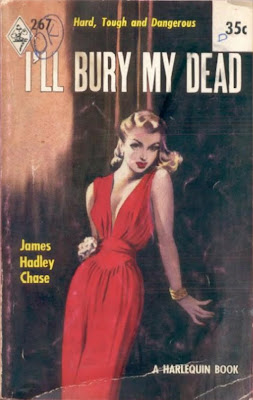
The Globe, 18 December 1909
William Briggs may be gone, but the publisher's words are as true today as they were a century ago. Books are best... and not only for Christmas. So, with the holiday season approaching, I point out the three books covered here this past year that are actually in print.
Al Palmer
Montreal: Véhicule, 2009
$12.00
A most welcome surprise. After nearly six decades, Al Palmer's Montreal Confidential returned to print last month. Where the original seemed fairly designed to fall apart, this new edition benefits from proper printing, 22 photographs and illustrations and, most of all, a four-page "Appreciation" by William Weintraub.

John Glassco
Ottawa: Golden Dog, 2001
$19.99
The English Governess is currently available from a number of publishers, but Golden Dog's is by far the superior, owing to a 10-page Introduction by Michael Gnarowski. A friend of the author, he provides a fascinating account of the curious history of our best-known work of erotica.

Jean-Charles Harvey
Montreal: Éditions Typo, 2005
$12.95
Perhaps in deference to Cardinal Villeneuve, Amazon and Chapters/Indigo don't bother offering this book. Interested parties are directed to the the publisher's website or their local independent. Incredibly, the first printing of Fear's Folly (1982), John Glassco's important translation, is still available. The most modest of paperbacks, at $27.95 it seems a touch pricey, but just think of the storage costs that have run up these past 27 years.
A trio of others, The Whip Angels, Awful Disclosures of Maria Monk and Glassco's completion of Aubrey Beardsley's Under the Hill, are all being exploited available through various POD publishers. But, honestly, no one wants to find something that looks like this under their tree.















